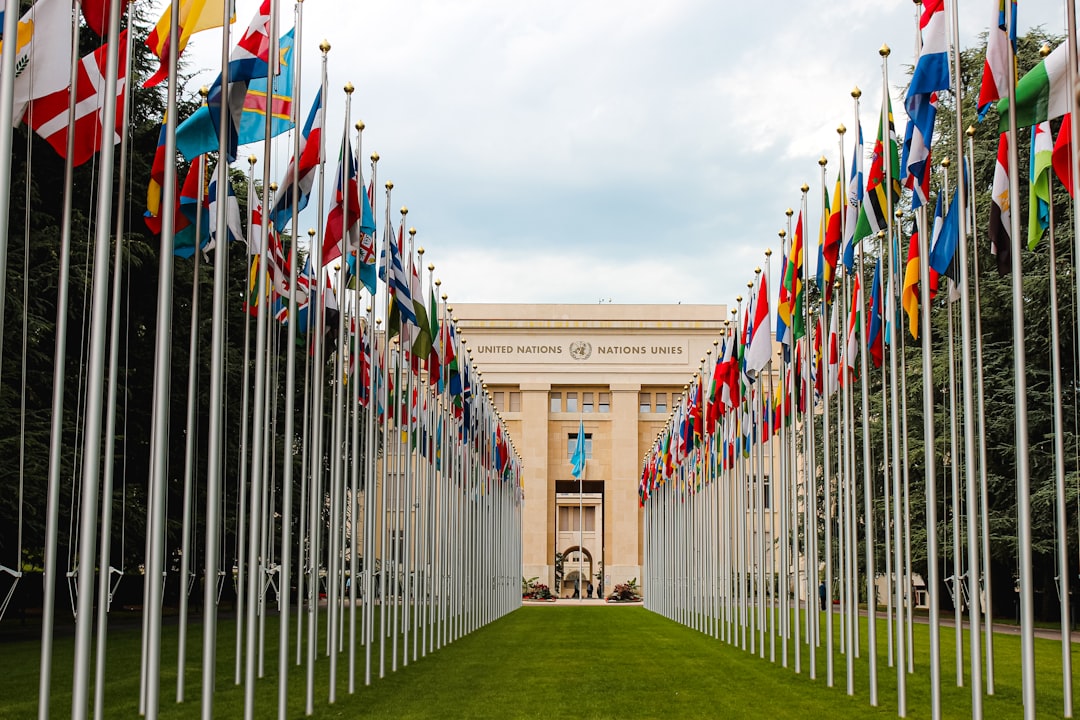What is it about?
To evaluate whether the illicit practice of using personal connections to acquire goods and services, or to circumvent formal procedures, known as blat in the Soviet era, persists in the post-Soviet world, 200 face-to-face interviews conducted in the city of Mykolayiv in Ukraine are reported.
Featured Image
Why is it important?
The finding is that personal networks are still commonly and widely used. However, unlike Soviet era blat which was non-monetized friendly help, control over access to assets and possessing personal connections to those controlling access to assets, has become a commodity bought and sold for illicit monetary payments. The paper concludes by discussing how this corrupt practice might be tackled.
Perspectives
One of the first papers to examine how the use of personal connections has transformed with the transition towards market economies in post-socialist economies
Professor Colin C Williams
University of Sheffield
Read the Original
This page is a summary of: Paying for Favours: Evaluating the Role ofBlatin Post-Soviet Ukraine, Debatte Journal of Contemporary Central and Eastern Europe, December 2013, Taylor & Francis,
DOI: 10.1080/0965156x.2013.864004.
You can read the full text:
Contributors
The following have contributed to this page










